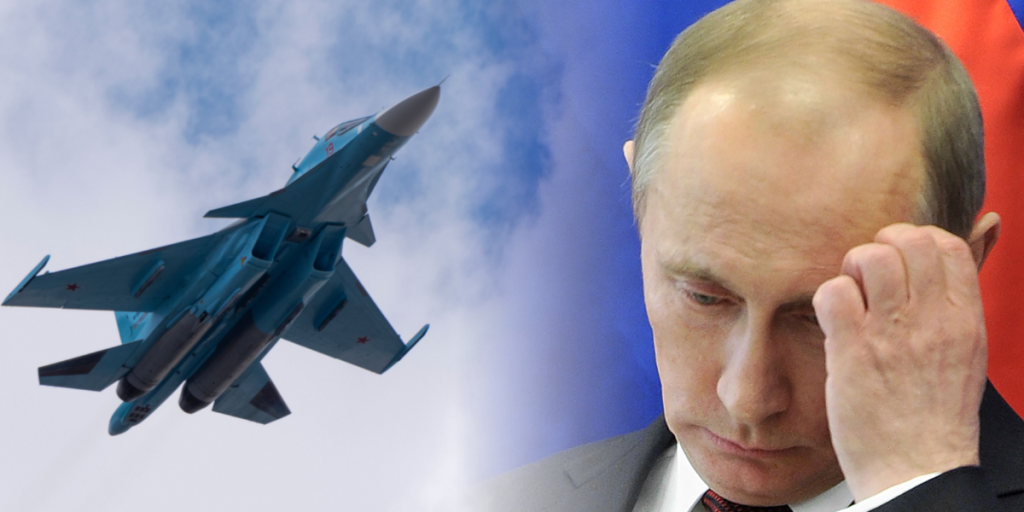A Russian failure in a territorial dispute seems to have left the long-time ally looking West.
Others are reading now
For decades, Armenia has relied heavily on post-Soviet and Russian weaponry. As a member of the Moscow-led Collective Security Treaty Organization (CSTO), it was long viewed as one of Russia’s closest allies in the region.
But the Kremlin’s failure to prevent Azerbaijan’s full takeover of Nagorno-Karabakh has left Yerevan disillusioned.
In the aftermath, Armenia began openly debating whether to leave the CSTO and started exploring Western defense partnerships.
Its frustration deepened after Moscow’s “peacekeeping” forces were unable to stop Baku’s rapid offensive in 2023.
Reports denied
Media outlets in Asia reported in late October that Armenia was close to finalizing a deal to purchase Su-30 fighter jets — referred to as “Putin’s superplanes” — from India.
Also read
The reports claimed the aircraft would be the Su-30MKI variant, with deliveries expected between 2027 and 2029.
According to Arminfo, defense Minister Suren Papikyan quickly rejected those claims, telling reporters there were “no agreements or negotiations” underway with either Moscow or New Delhi concerning Russian Su-30 fighters.
Analysts from Defense Express said Papikyan’s denial was “reasonable for several reasons.”
They noted that the Su-30MKI remains a partly undeveloped version of Russia’s Su-30 line and that, even when produced in India, it depends on Russian-supplied components — a potential obstacle given ongoing sanctions.
Paris steps in
At the same time, France has deepened its defense ties with Armenia.
Also read
The two countries signed a military cooperation agreement in 2024, paving the way for arms deliveries and joint defense projects.
Paris has become one of Yerevan’s most visible backers within the European Union.
“Armenia’s choice of the French Rafale over the Russian-Indian Su-30MKI makes sense in the face of growing frustration with Moscow’s policy,” Defense Express analysts said.
Proven Western alternative
Unlike the Su-30MKI, the French-made Rafale is a fully operational, combat-tested aircraft with strong export credentials.
The twin-engine multirole fighter is the most advanced jet in France’s arsenal and is already used by several NATO and non-NATO nations.
Also read
Its distinctive delta-wing and canard design provide exceptional maneuverability at various speeds, and it can fly up to 16,800 meters. The Rafale is armed with a 30 mm cannon capable of firing 2,500 rounds per minute and can carry a range of guided missiles and bombs under its wings.
If Yerevan proceeds with the Rafale acquisition, it would mark one of the clearest signs yet of Armenia’s pivot toward Western security structures — and a symbolic break from decades of reliance on Moscow’s defense industry.
Sources: Defense Express, Reuters, BBC, ArmInfo


